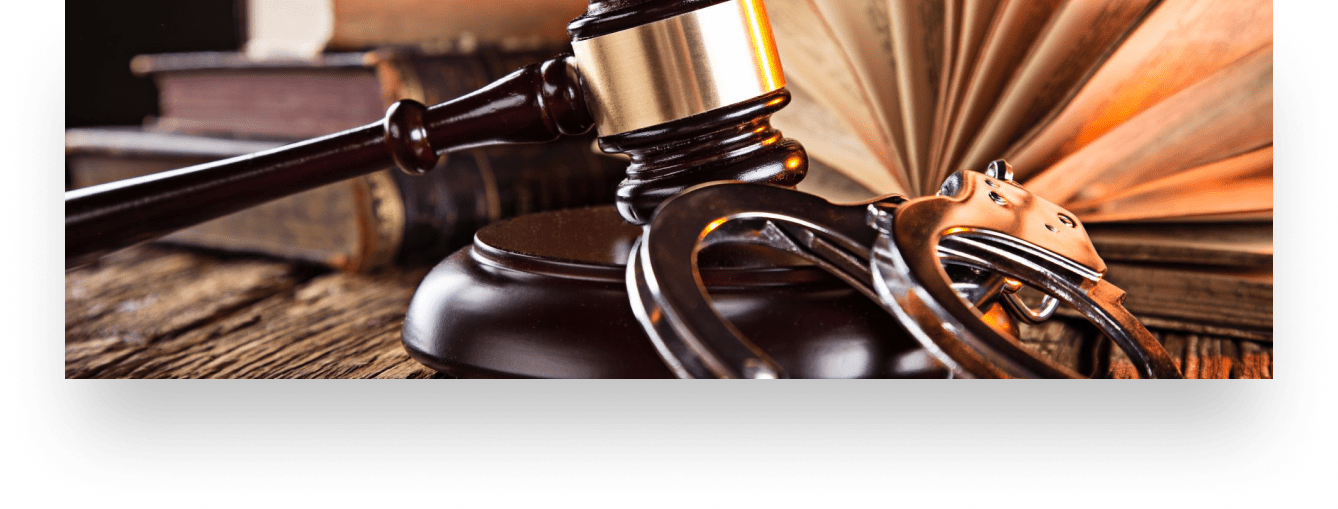Often, lawyers who routinely practice in the criminal courts take it for granted that clients understand what they mean when they use the word “disclosure”. I am often humbled and brought down to earth when speaking to my clients and I use the term disclosure, when they ask me, “Sorry, what’s that? That word disclosure, what does that mean?”. So I decided to write a little post about what disclosure is. In a nutshell the right to disclosure comes from the philosophy that every Accused person in a criminal matter should know the allegations against them and the case they have to meet (to explain and defend). Everyone has a right to full and complete disclosure. This is a Constitutionally enshrined right. Disclosure goes to the heart of a fair trial. If you don’t know the case you have to meet, how can you properly defend yourself? So disclosure is the details and meat and potatoes of the “case against you”. An example of some common items you can expect to find in disclosure include but are not limited to the following: police notes, witness statements, videotaped interviews of witnesses, surveillance footage, photos of victim injuries, scene of crime photos, breath sample results, toxicology reports, fingerprint reports, forensic reports, past driving records, past criminal records, bank statements and business records.
This list is by far not exhaustive. Sometimes, a special motion has to be brought called a “third party records application” in order to obtain disclosure that the Crown and Police are not releasing – or that may be out of their control to produce in some cases (for example, in a fraud case, an alleged victim’s income tax return from CRA that on its face may not seem relevant to the case). Third party records are complex and will be dealt with in another post. For your purposes, think of disclosure as all the blocks that may be used by the Crown to build its case up from the ground, like a tall building. As a defendant in a criminal matter you have the right to see, use and test the same disclosure that the Crown will be relying on in your case. You have a right to all of it. Failing which, your charge could be stayed and dismissed for lack of disclosure. Without seeing and reading the disclosure, defence lawyers usually cannot provide solid opinions (if any) on the strengths or weaknesses of the case.
Hope this helps clarify “disclosure” for my clients and those just browsing the blog post. If you have further questions or to schedule a free confidential consultation, call my office at 416-937-3777, or email me at avi@baratzlaw.com. Your trusted Toronto criminal defence lawyer.





